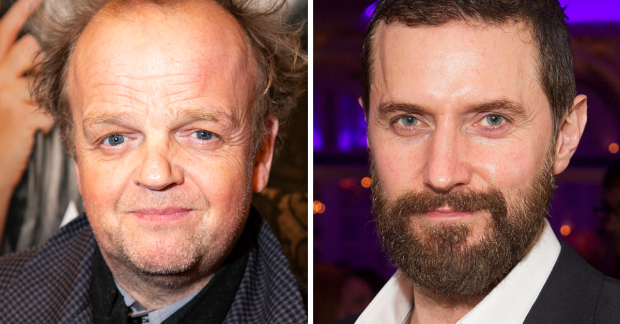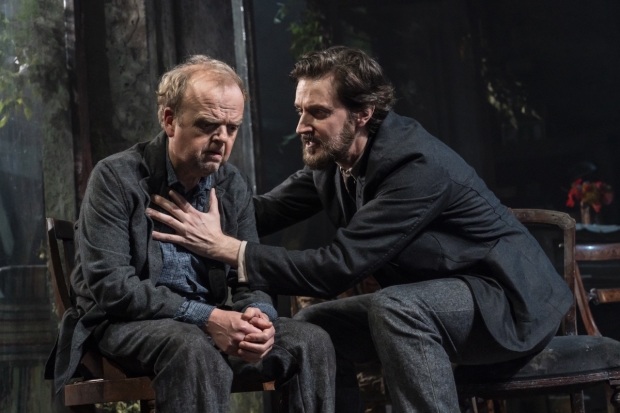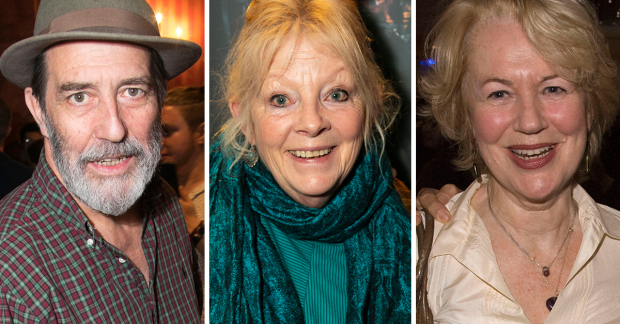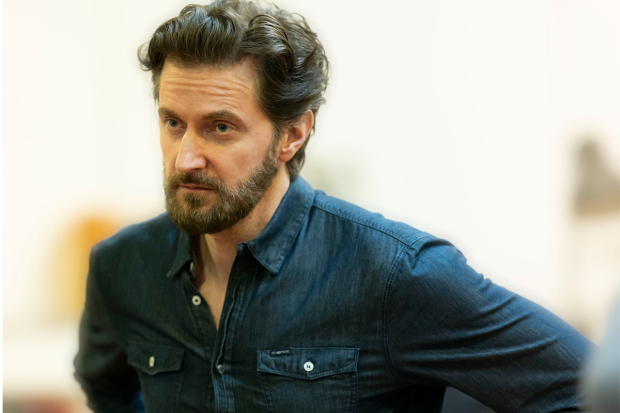Review: Uncle Vanya (Harold Pinter Theatre)
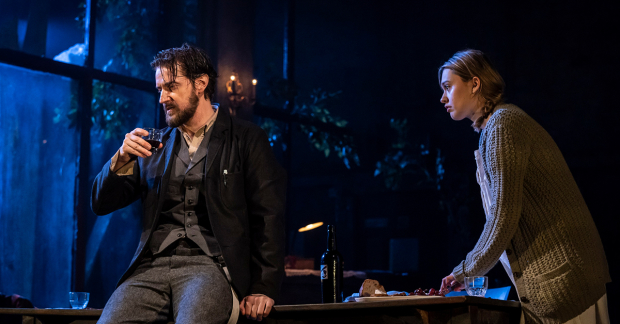
© Johan Persson
There was an audible sob coming from somewhere near me at the conclusion of Uncle Vanya. I had a lump in my throat. When a play written in 1898 can make you feel so deeply, then you know you are witnessing something very special – especially since earlier in the evening you have been convulsed with wry laughter.
What director Ian Rickson and his adaptor the Irish playwright Conor McPherson have done is to strip Chekhov of all the barriers that make him seem like a 19th century playwright. This production of Uncle Vanya makes it seem as accessible as a TV drama, without ever betraying the great, melancholy, insightful soul that has made the play last for as long as it has. It is radical and revelatory without ever being gimmicky or insensitive.
Its easy beauty begins with Rae Smith's set which she describes in the programme as a "space of ideas". Instead of offering a realistic view of the country estate where Vanya and his niece Sonya spend their days making money for Sonya's father Professor Serebryakov to spend on his scholarly pursuits, she creates a room where the pipework is exposed, and trees poke through the huge windows. It is old and new, exposed to the elements and a part of them, as timeless as the costumes the characters wear.
McPherson's translation pulls off a similar feat of magical reinvention. It sounds so fresh and so vital that I thought it must have involved huge alteration; in fact, what he has done is trim and polish the language a new robust form. Toby Jones' Vanya talks about "wanging on", and "stuffing my face with snacks" but the sentiments of the text are unchanged. It is also incredibly funny, both full of verbal lightness and broader elements such as a hilarious drinking scene where Richard Armitage's disillusioned doctor Astrov, Vanya and the old hanger-on Telegin (Peter Wight) crawl under a sideboard in search of fresh supplies while repeating the word "Awight".
This directness allows us to see the play anew. Vanya can, in some productions, feel like a play in which a lot of people sit around and moan about wasting their lives. Here it becomes a drama of missed chances, of people taking the wrong decisions which leave them beached and desperate but trying to put a good face on things. Nowhere is this more true than of Yelena, Serebryakov's young and beautiful second wife, whose languorous presence precipitates passion in both Vanya and Astrov. She is often just a decorative, drawling thing; Rosalind Eleazar preserves her luminosity but makes her seethe with suppressed fury at the mistakes she has made. Her farewell to Astrov, when instead of kissing him, she wraps her body around him is as sensational as it is unexpected.
Rickson, the most sensitive of directors, delicately draws out the invisible lines that tie these people together, allowing their relationships to develop in subtle and always convincing ways. In doing so, he gently alters the balance of the play. The glue that binds this family is Sonya. As played by Aimee Lou Wood, making her West End debut after finding such success on TV in Sex Education, she is a glorious, kind, gentle girl, whose love for Astrov shines out in the way she quotes his warnings of eco-disaster to come as if she had learnt them by rote. The moment when she tries to kiss him and he avoids her is so perfectly calibrated that is heart-breaking. Her attempts at cheerfulness in the face of so much crushing disappointment are almost unbearable. She positively shines.
Yet there isn't a bad performance on the stage. With his shirt constantly hanging out and his hair always on end, Jones makes Vanya both infinitely loveable and consistently irritating; his sudden lament that "I could have been another Schopenhauer, a Dostoevsky," sums up the tragi-comic nature of the character in a phrase. So does the way Jones reveals his deep sorrow and wounded pride, even as he is springing across tables trying to kill his brother in law.
Armitage brings the same finesse to his portrayal of Astrov; he is a romantic, clinging to his dreams of the future, seduced by the perfect woman, unable to see the truth in front of his nose. But he is also a man deeply damaged by his profession, by the suffering he has witnessed, the poverty he can do nothing to cure. Ciarán Hinds is powerful as a monstrously egotistical Serebryakov, Anna Calder-Marshall, Dearbhla Molloy and Peter Wight all lend heft and significance to characters that often count for nought. All in all, a glory.



